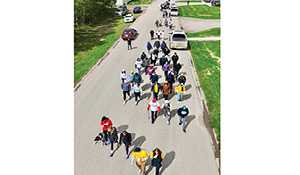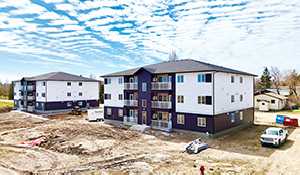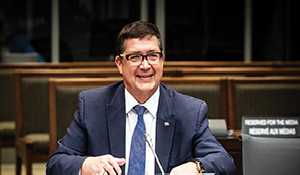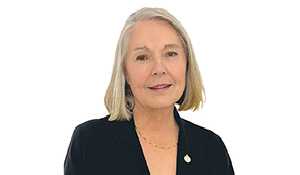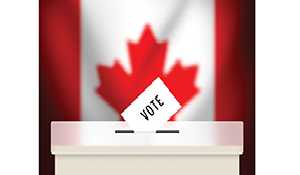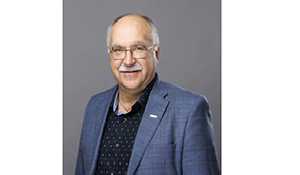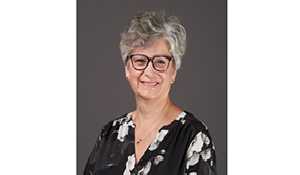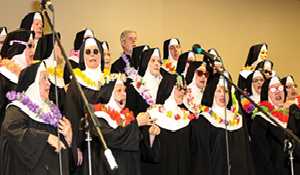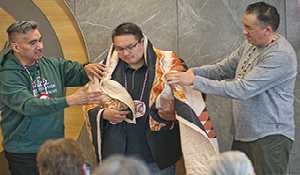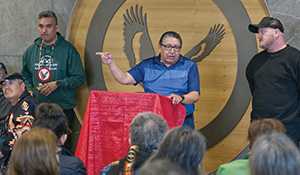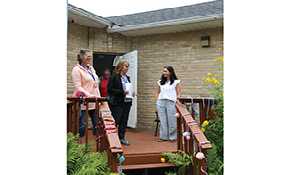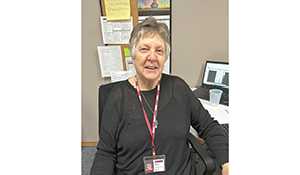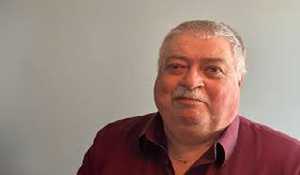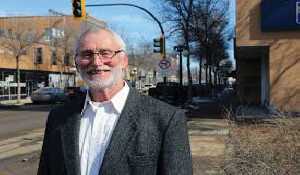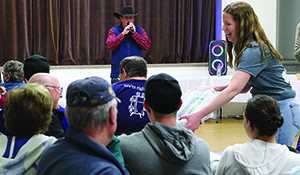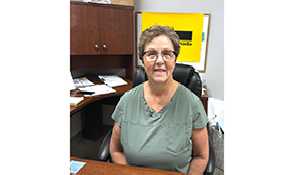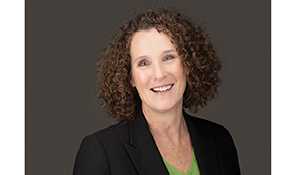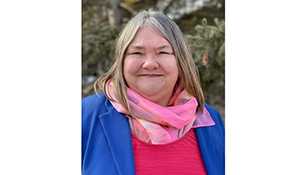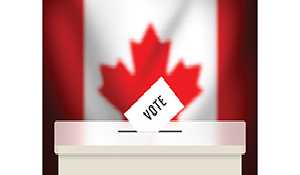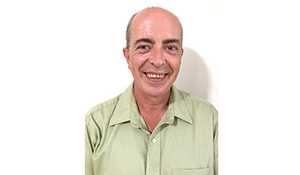Newcomers from Ukraine facing international student fees
Minister says he will have a look at issue
May 1, 2023, 3:40 pm
by Kevin Weedmark
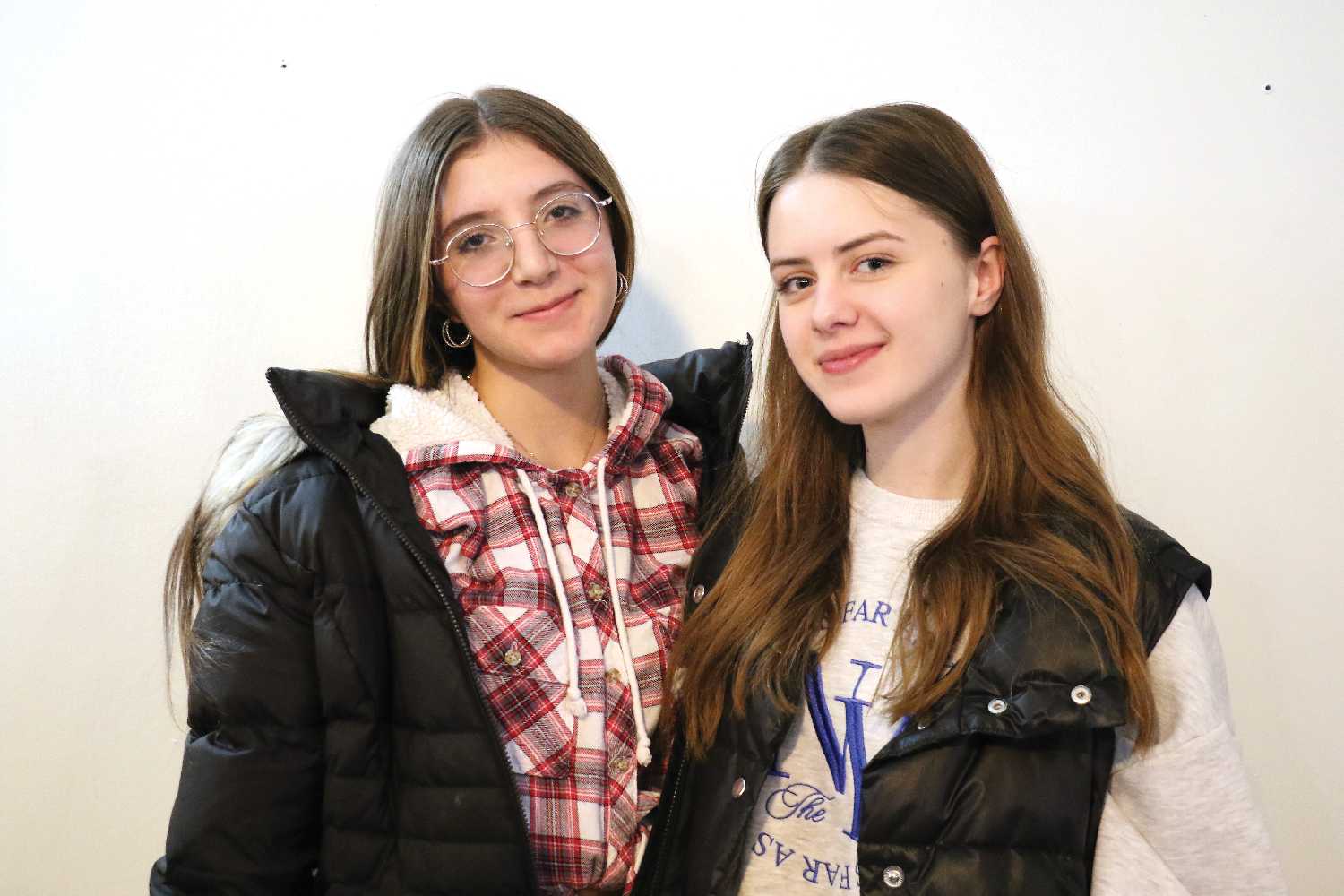

Saskatchewan Advanced Education Minister Gord Wyant told the World-Spectator Thursday that he will have his department look for solutions to the issue of Ukrainian newcomers facing international student tuition fees for post-secondary education in the province, which can be several times higher than the fees paid by Saskatchewan residents, as well as not having access to student loans.
The province of Saskatchewan has made several changes to make it easier for Ukrainians who have come to Saskatchewan to escape the Russian invasion of their homeland, to settle in the province.
The province made it simple for Ukrainians to switch to Saskatchewan drivers’ licences, is offering reduced rates initially in Housing Authority homes, and made amendments to The Education Regulations, 2019 to ensure that all Ukrainian school aged students arriving through the Canada-Ukraine Authorization for Emergency Travel (CUAET) Program receive tuition-free Kindergarten to Grade 12 education.
However, some Ukrainian families who have settled in Saskatchewan have discovered that post-secondary education would be a massive cost as their children are treated as international students, who face much higher tuition fees than Canadians.
Tuition for international students at the U of S ranges from $25,000 to $35,000 per year depending on the college, compared to $7,000 to $9,700 for Canadian students. Dentistry tuition for international students is $118,056. (One local student is interested in pursuing dentistry at the University of Saskatchewan, another is interested in becoming a lawyer like her mother).
“I am treated as an international student, but it’s a problem for us because the cost is a lot more, like twice or more,” said Viktoriia Knyhnystska, a grade 12 student who will be graduating this June and wants to study dentistry at the University of Saskatchewan.
As a result of facing international student fees in Saskatchewan, some families who have just been welcomed to Canada under the CUAET program, and have just settled in Southeast Saskatchewan, are looking at splitting up their families and sending the students to Europe for university as it is more affordable, while the rest of the family stays here.
Wyant told the World-Spectator that he is anxious to come up with a solution to the issue.
“The fact of the matter is that this has just been brought to our attention and we’re kind of anxious to do something about it,” he says. “The students are all here on what they call an Emergency Travel Authorization. They’re not refugees and they’re not Permanent Residents—all of whom qualify for the local tuition rates and qualify for student loans. Because they’re not in those categories, they qualify as international students and they don’t qualify for student loans.
“Since this was brought to our attention, I raised this with a number of my colleagues. Of course we’re really committed to supporting Ukrainian immigrants who have come here to escape the war, so we really want to continue to do what we can to support them and their contributions,” says Wyant.
“I have asked my ministry to come up with some solutions so that we can take something to cabinet to get this resolved. I had some preliminary conversations with my cabinet colleagues and they’re all supportive of it. Of course, I don’t have a formal decision from cabinet and I won’t have that for a bit, but we’re certainly hopeful that we can move something forward to accommodate these kids. That’s where we’re at since this just came to our attention.”
Wyant said his ministry will be talking to post-secondary institutions in the province.
“Of course, we’re going to have to work with our post-secondary sector as universities are responsible for setting their own tuition notwithstanding what we might say. Sask Polytechnic we have some control over, but we’re hopeful that we can work with our post-secondary institutions and universities to come up with a reasonable solution for these kids.
“We want them to stay here. We want them to learn here. We want them to go to school here.
“Whatever we can do to continue to support them, we’re going to do. I hope to have some further direction on this next week. I’ve asked my ministry to work as quickly as they can to come up with some proposals for us, but we’re keenly aware that we need to do something to accommodate the students.
“There’s a significant differential between domestic and international students, as you know, and the ability to access those student loans. So we’re very anxious to get something forward to cabinet as quickly as we can.”
He said be believes the post-secondary institutions will be willing to work with the province to address the issue.
“I’ve asked my ministry officials to reach out to both universities and I certainly think they’re going to look at what kind of guidance we’re going to have,” he said.
“We’re very hopeful that the universities will follow suit.
“We’re certainly looking at all of the possibilities in order to try and resolve this.
“We know these students are starting to make decisions and we don’t want to lose the momentum. That is why, when this came to our attention earlier in the week, I asked my ministry officials to bring something forward as quickly as possible.
“I’ve had some preliminary discussions with some of my cabinet colleagues and I think that they were generally supportive of it, but we need to have a cabinet decision on it so we’re going to attempt that as soon as possible.”
He said the government will look at including Ukrainian students in student loan eligibility as well as qualifying for Canadian tuition fees.
“We would include that as part of our package,” he said. “If they’re going to qualify as domestic students, they would have access to the student loan program just like refugees or permanent residents would.”
Wyant said his message to the students is that they are working on the issue and hop to have a solution soon.
“Our message to the students is that we’re working on this very diligently and we hope to have something formalized as soon as next week,” he said.
While some universities across Canada have announced they will simply treat Ukrainian newcomers as Canadians, the University of Saskatchewan told the World-Spectator it plans to continue to charge international student fees to Ukrainian newcomers. Despite the fact that Ukrainian families are living and working in Canada, and will have the opportunity to apply for permanent residency, the University of Saskatchewan said in a statement to the World-Spectator that it believes Ukrainians are in Canada only temporarily, and said it will consult with the federal government on the status of Ukrainian newcomers.
"The Government of Canada has introduced the Canada-Ukraine authorization for emergency travel (CUAET) as a special measure to support the people of Ukraine," the U of S said in the statement. "It is a federal government initiative for Ukrainians and their family members who want to come to Canada temporarily, and then return home when it is safe to do so. It is not a refugee immigration stream. As a result, USask is seeking clarification from the federal government on the status of Ukrainian citizens under the CUAET program, and how this applies to post-secondary education and associated tuition and fees at Canadian institutions."
The University of Regina also indicated it will continue to charge Ukrainian students in Canada under CUAET international student tuition fees.
"CUAET was implemented to rapidly provide emergency safe haven to Ukrainians in response to Russia's invasion of Ukraine. Therefore, Ukrainian nationals who arrive through CUAET are not designated as refugees but short-term visitors who may return home when it is safe to do so. As such, these students are still considered international students as their stay in Canada may well be temporary.
"We would welcome any additional clarity from the federal government on any special provisions for CUAET Visa holders seeking to attend post-secondary institutions in Canada. We are also open to working with the Province's Ministry of Advanced Education on exploring potential solutions. In the meantime, however, CUAET Visa holders are required to apply for a study permit in order to study in Canada, and therefore would have to pay non-resident tuition fees to attend the University of Regina.
"The University of Regina has strong connections to Ukraine and the Canadian Ukrainian community, which is one of the reasons we developed two Project Resilience Awards.
"Individuals here on a CUAET Visa are eligible to apply for Project Resilience Awards, as well as other financial supports offered by the University of Regina. Valued at the cost of tuition and fees, as well as a stipend for books and supplies for $1,000, the Project Resilience Awards are offered each year to support students from war-torn countries. Students who receive this award may be eligible to receive up to three additional years of funding to cover their tuition and fees."
Editor Kevin Weedmark also wrote a column on the issue, which follows:
Isn't it great when government works like it should?
It’s wonderful to see how responsive this provincial government can be.
When government works like it should, problems are solved by the simple act of raising them—when there is an issue and it is brought to the government’s attention, it is dealt with and corrected.
I have to say dealing with Saskatchewan’s provincial government lately has been a textbook lesson in how government should work.
A case in point, on Sunday, April 23, it was brought to my attention for the first time that Ukrainian newcomers to Saskatchewan were facing the same fees for post-secondary education as foreign students—multiple times higher than Sask residents would pay.
That’s because under the special program that brought them to Canada, they are neither permanent residents nor refugees.
For the same reason, Ukrainian newcomers do not qualify for student loans.
So they are facing massive costs for university and no access to student loans.
I found out about this after speaking to a young woman named Viktoriia at an event in Wawota Sunday marking one year since the first Ukrainian arrived in Wawota.
She is graduating Grade 12 in Wawota this June, and would like to start university at the U of S this fall.
Cannington MLA Daryl Harrison was also there Sunday and we raised it with him.
I asked Moosomin MLA Steven Bonk about the issue at the Chamber meeting Tuesday.
On Wednesday, I requested an interview with Advanced Education Minister Gord Wyant, and explained the problem.
On Thursday Minister Wyant gave me a call and we got an interview. He said he had not been aware of this issue until we started raising it last week, and both Daryl Harrison and Steven Bonk raised it with him.
He said he was already getting his department to try to find a solution, and expects to see a solution this week.
That’s how things should work: Problem raised, solution identified, solution implemented.
To have the minister commit to coming up with a solution within days of an issue being raised is nothing new for us.
As a matter of fact, a few weeks ago we may have set a world record for getting a problem sorted a few weeks back. Some job applicants didn’t appear to be given a fair shake when applying to the Saskatchewan Health Authority, I sent an email to someone in the Premier’s Office, to the Health Minister, to our three local MLAs, and a few other people in government, got the first call back within a few minutes, and within four hours had the premier’s office offering to solve the issue and reach out to the individuals directly.
And the email I got back from someone in the premier’s office afterwards read “Isn’t it great when government works like it’s supposed to?! Thanks for bringing it to our attention.”
That is how government is supposed to work.
Someone suggested to me afterward that we got the problem sorted within hours because I knew the right people in government.
Of course that’s nonsense. The problem got sorted because the people in this government care, and genuinely want to do the right thing. Because of that, when an issue is raised, they start right away trying to find a solution.
I wish every government operated like that. I compare the days or hours it takes to solve an issue with this provincial government with the months and months it took to get my interpreter from Afghanistan and his family safely to Canada after the federal government had provided a visa for him to travel to Canada in recognition of his service to this country.
Wouldn’t it be great if every government worked like it’s supposed to?
Tweet



